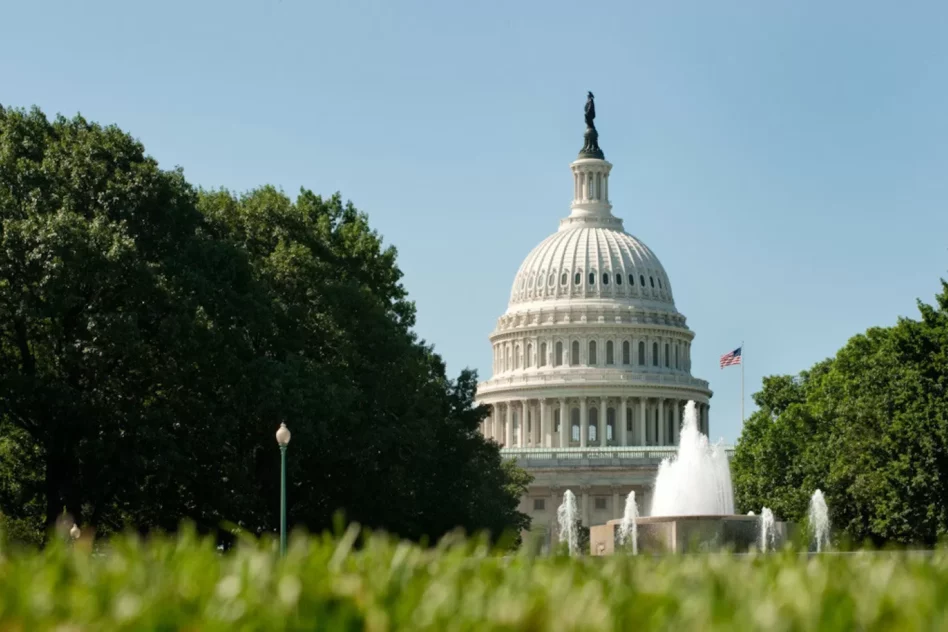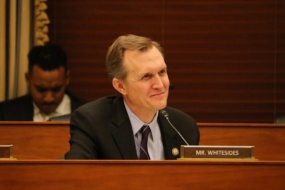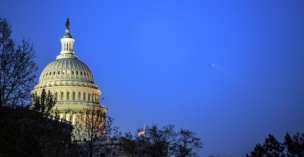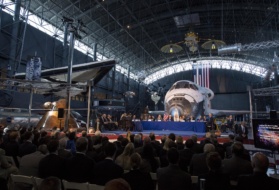Congress is considering a stopgap funding bill that would also buy it more time to figure out whether to extend the moratorium on establishing regulations for commercial spaceflight.
The Senate’s continuing resolution introduced Tuesday by Sen. Patty Murray (D-WA), who chairs the Senate Appropriations Committee, would keep the government funded through Nov. 17. It would also extend the FAA “learning period” for commercial spaceflight, which was set to expire on Oct. 1, until Jan. 1.
A continuing resolution would lock funding at the fiscal 2023 level and prevent any new programs from starting.
Background: Congress first passed the ban on the FAA enacting safety regulations for commercial spaceflight in 2004 because of worry that too many rules too soon would hurt the new industry. Lawmakers extended the original eight-year “learning period” twice in 2012 and 2015 since the industry has taken off more slowly than expected.
Now, companies including Virgin Galactic, SpaceX, and Blue Origin are taking customers to space, and lawmakers have to decide whether to grant the longer-term extension industry is asking for.
Showdown: It’s unclear, however, whether the Senate plan can win enough votes in the Republican-controlled House to keep the government’s lights on. Without action from Congress, the government will shut down at 12:01am on Sunday. House Speaker Kevin McCarthy (R-CA) has slammed the Senate bill and has instead put forward his own short-term funding plan—including dramatic federal spending cuts and strict border security measures—that is a non-starter for Democrats and even some Republicans.
Separately, McCarthy introduced a bill last week that would extend the FAA learning period through September 2031.
Shutdown?: With so much discord between and within political parties, a shutdown is a real possibility. Of the 18,000+ NASA employees, 17,000 are expected to be furloughed during a shutdown, according to a NASA letter sent to OMB in August. Employees won’t be paid during a shutdown, but will receive back pay when the government reopens.
Activities relating to the ISS and satellite operations would continue during a shutdown to protect life and property, the letter said.




